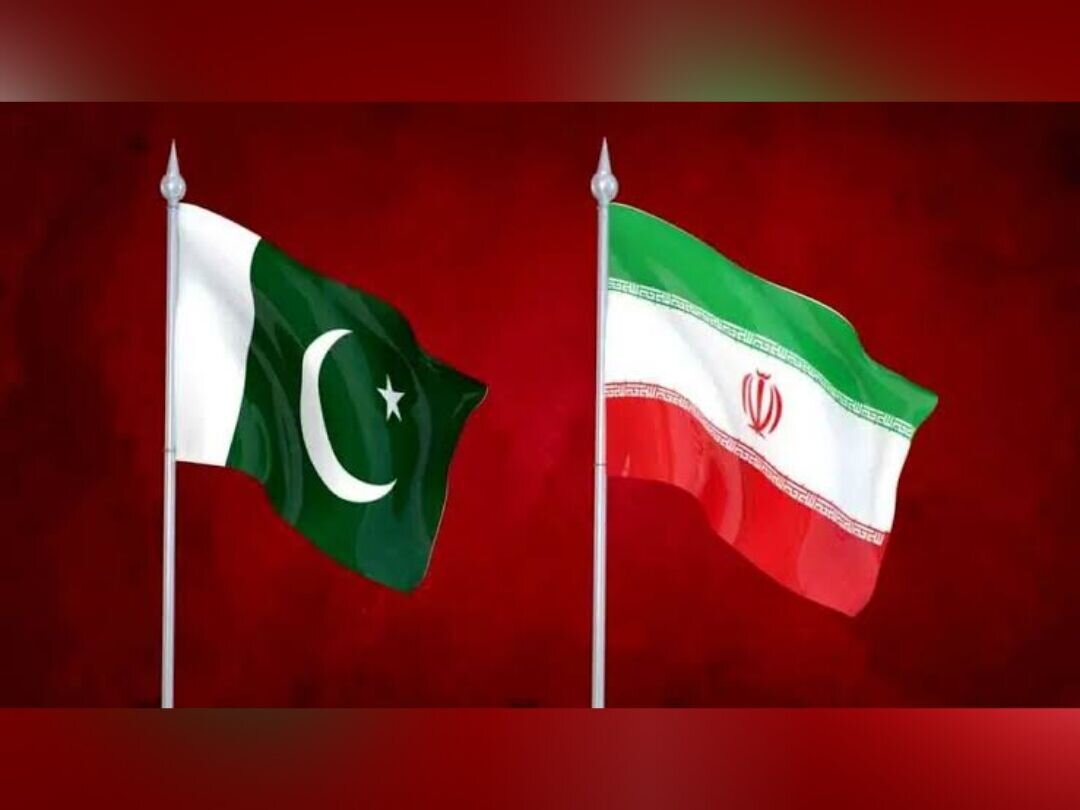Iran’s trade surplus with Pakistan grows as officials call for free trade expansion

TEHRAN – Iran enjoys a trade surplus with Pakistan, exporting goods at 3.5 times the volume of its imports from the neighboring country, according to Hamidreza Karbalaei Esmaeili, Deputy for the Indian Subcontinent at Iran’s Trade Promotion Organization (TPO).
Karbalaei Esmaeili shared the figures ahead of President Masoud Pezeshkian’s official visit to Islamabad on Saturday, his first bilateral foreign trip since Israel’s 12-day military campaign against Iran. The visit, taking place under ongoing regional uncertainty, is seen by analysts as both a symbolic and strategic move tied to post-conflict diplomacy and regional stability.
“Trade between Tehran and Islamabad is on an upward trajectory,” Karbalaei Esmaeili said in an interview with IRNA. He noted that bilateral trade increased by 13.6 percent in the Iranian year 1403 (March 2024–March 2025) compared to the previous year, reaching a total of $3.129 billion.
Iran exported around $2.423 billion worth of goods to Pakistan during the period, while imports from Pakistan stood at $706 million. The bulk of Iran’s exports included petroleum products, powdered milk, and dates, while major imports from Pakistan were rice, oilseeds, and various meat products.
Despite the positive trade balance, figures for the first quarter of the current Iranian year show a decline, reflecting regional instability. Iran’s exports to Pakistan from March to June 2025 totaled $420 million — a 20 percent drop compared to the same period last year — while imports reached $174 million, down by 4.0 percent.
The TPO official attributed the slowdown to regional conditions but emphasized the need to accelerate efforts to boost trade infrastructure and finalize long-pending trade agreements.
“Free trade between Iran and Pakistan technically began in 2016, but progress has been slow,” he said. “We hope upcoming agreements will fulfill this decade-long expectation and unlock significant growth.”
Karbalaei Esmaeili stressed that enhancing logistical capabilities, customs cooperation, and transport infrastructure would be critical to sustaining long-term trade growth between the two countries.
EF/MA
Leave a Comment